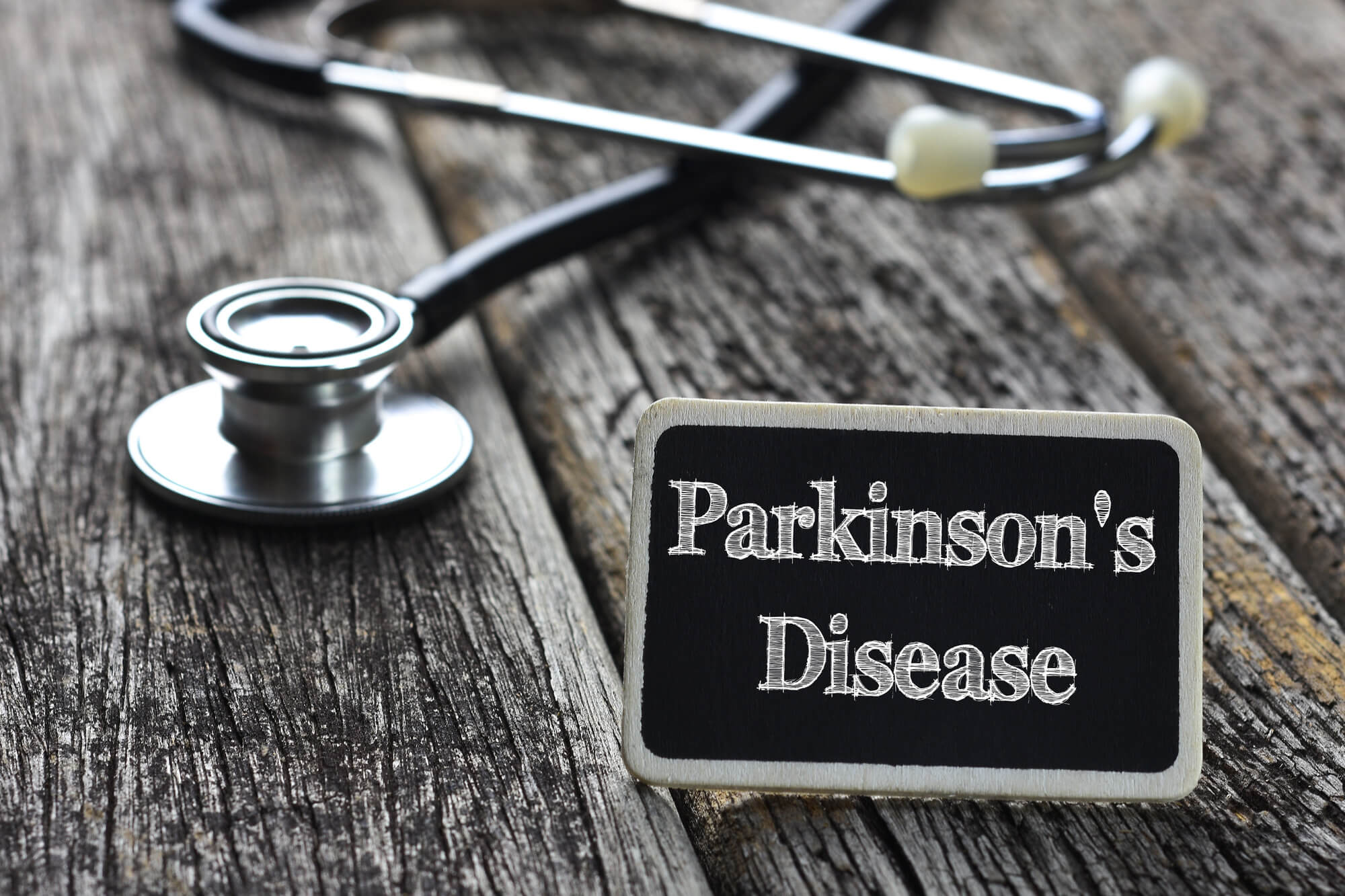Research h shows that almost a million people in the US currently have Parkinson’s disease. This’s expected to rise to 1.2 million by 2030 among US adults.
You may be wondering what is Parkinson’s disease and how it affects your loved one. If your loved one has been diagnosed with this, it is important to understand what it means.
Many people have heard of Parkinson’s but may not know what it entails. This article will discuss how Parkinson’s disease impacts your loved one and how you can help them.
Keep reading to find out what is Parkinson’s disease and how it affects your loved one.
What Is Parkinson’s Disease?
The first thing we need to discuss is what Parkinson’s disease actually is. This is a condition where an area of the brain deteriorates.
This deterioration causes a variety of Parkinson’s disease symptoms. It is a condition that often impacts elderly patients and older adults.
The average age for someone to develop Parkinson’s is 60 years old. In rare instances, younger adults around 20 and up can also develop Parkinson’s disease.
What Does Parkinson’s Disease Do?
It is important to understand Parkinson’s disease progression in patients. If you are a caretaker, there are certain signs you should watch out for.
Parkinson’s disease and how it affects your loved one depends on each case. Everyone will experience this differently, and you will need to learn how to navigate the symptoms.
Here are some examples of how Parkinson’s disease can impact your family member.
Mobility Problems
Some of the most common symptoms of Parkinson’s disease is mobility problems. People with Parkinson’s often start moving slower and have muscle weakness.
They may also have muscle tremors when they are resting. They may also experience essential tremors, which happen when the muscles aren’t at rest.
Some people also experience stiffness and difficulty moving their bodies. They may develop an awkward walking gate and struggle to maintain their posture.
People with Parkinson’s may lose many of their facial expressions. This can create a mask-like facial expression and even drooling.
Other symptoms like speaking very softly and having trouble swallowing may also develop.
Sleep Issues
There are also non-mobility issues those with Parkinson’s can develop. One of these issues includes having trouble sleeping.
Some people struggle with periodic limb movement disorder at night. They may also have restless leg syndrome or rapid eye movement behavior disorder.
These are all things that can make it very difficult to get a good night’s sleep. They will most likely be kept up at night from these awkward movements and may struggle to get deep sleep.
Mental Changes
Many people with Parkinson’s disease experience some mental changes. Some may develop Parkinson-related dementia that affects their ability to think and focus.
They may also experience depression and anxiety. If they also struggle with sleep problems, these things could be closely linked.
Parkinson’s is a scary diagnosis and impacts most people emotionally. This is why many may struggle with their mental health after receiving this diagnosis.
Bowel and Urinary Symptoms
Parkinson’s disease can also cause a variety of internal symptoms. This includes problems with constipation and gastrointestinal issues.
Some people also experience urinary incontinence and some sexual dysfunctions. This depends entirely upon the individual and how much their Parkinson’s has progressed.
How to Support a Loved One With Parkinson’s Disease?
Now that you know everything about Parkinson’s disease and how it affects your loved one, what can you do?
When your loved one has received this diagnosis, it is time to act. There are many ways you can support a loved one when they are going through this condition.
Many people with Parkinson’s feel isolated and worried about their future. As their family member, there are many things you can do to help them through this process.
Educate Yourself
The first thing you should do is to research Parkinson’s disease. You want to understand what it is and how it will impact your family member.
This will also help you to be a better caretaker so you can identify symptoms. Understanding Parkinson’s will also help you to notice if their symptoms are progressing.
Include Them
Even if your loved one is struggling with Parkinson’s, they still want to live normally. You should try to include them in family activities and fun events.
Parkinson’s disease can be isolating and it often makes other people uncomfortable. Your loved one will feel much more supported if they continue to be treated like a part of the family.
You may have to adjust some activities to include them, but it is well worth it.
Understand When They Need Help
As much as you may want to care for your loved one, it may be out of your hands. If their disease progresses, they may need more care than you can provide.
When this happens, you may want to find them an assisted living facility. This ensures they get the care that they need so that their symptoms are managed better.
A Guide to Parkinson’s Disease and How It Affects Your Loved One
Parkinson’s disease can be a scary diagnosis for most families. Parkinson’s disease and how it affects your loved one is something you will need to understand.
Does your loved one need a facility where they will be cared for? Contact us today at Royal Garden Board & Care Homes to schedule a tour.

